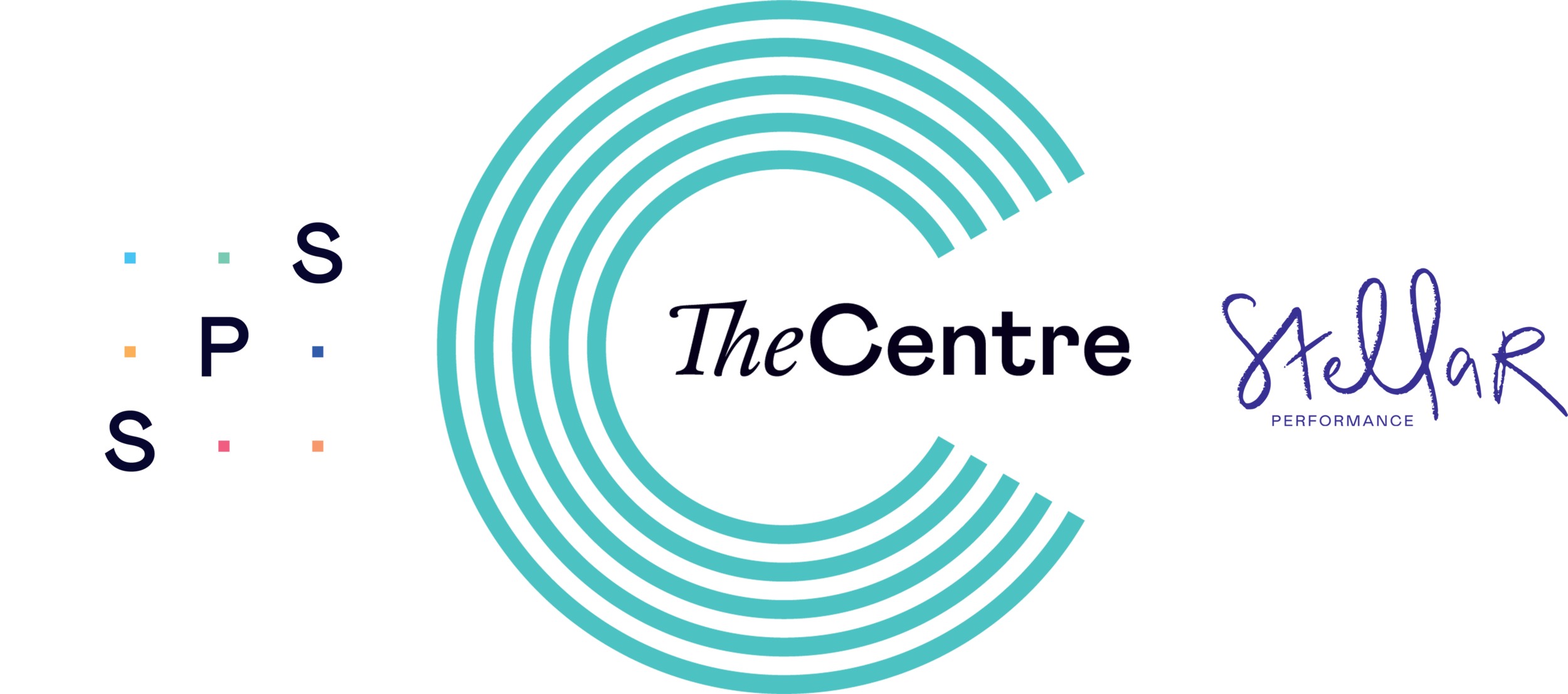5 - Nobel Prize in Physiology / Medicine.....
………goes to David Julius and Ardem Patapoutian who share the award for identifying receptors that allow the body’s cells to sense temperature and touch.
So here we have the hard evidence that ‘hands on’ therapists have been waiting for. Molecular neurobiologist Ardem Patapoutian at Scripps Research in La Jolla, California, identified receptors in skin and other organs that respond to mechanical forces, such as those generated by touch and pressure. While David Julius, working independently, is known for his discovery of heat- and cold-sensing receptors in the nerve endings of the skin.
Mechanical stimuli drive many physiological processes, including touch and pain sensation, hearing, and blood pressure regulation. Mechanically activated (MA) cation channel activities have been recorded in many cells. The two identified by our two Laureates are PIEZO1 & PIEZO2.
PIEZO1 (Piezo Type Mechanosensitive Ion Channel Component 1) is a Protein Coding gene. While PIEZO2 -Is the protein encoded by this gene containing more than thirty transmembrane domains and likely functions as part of mechanically-activated (MA) cation channels. These channels serve to connect mechanical forces to biological signals.
In addition to explaining the basic biology of senses, the findings have potential medical applications: Touch therapies, gene coding, pharmaceuticals and much more. It is disapointing and frustrating that David Julius in his interviews following the award only linked his discoveries to the possibility of manufacturing more analgesic medications. As we know these take time, are very costly, can have potential harmful side affects and are addictive in some cases. While ‘touch therapies’ are inexpensive, non addictive and available now!
This is not new research, yet only now being recognised. Ion channels play an essential role in the communication between and within cells. Ion channels are protein-lined pores that allow the rapid, selective, bidirectional movement of ions across the membrane. Physiological roles include control of the electrical potential across the membrane, facilitation of neuromuscular and neuronal transmission, signal transduction, and regulation of secretion and contractility.... thereby regulating BP, Respiration and much more
Another common name for these channels is “leak” channels, because they simply allow ions to pass through the channel without any impedance. Ions cross through their channels by electrical potential or concentration differences across the cell membrane, the passage itself does not require metabolic energy expenditure.
While active transport is the movement of solutes against the electrochemical gradient, which requires energy. (Action potentials) Most ion channels are gated—that is, they open and close either spontaneously or in response to a specific stimulus, such as the binding of a small molecule to the channel protein (ligand-gated ion channels) or a change in voltage across the membrane that is sensed by charged segments of the channel protein. Non-gated channels are ion channels that are always open. The energy derives from the chemical forces of diffusion, osmosis, and electrochemical equilibrium. Ion channel receptors are usually multimeric proteins located in the plasma membrane. Each of these proteins arranges itself so that it forms a passageway or pore extending from one side of the membrane to the other.
It is always nice to know the intricacies of the physiology but for hands-on therapists its working with the knowledge that what we are doing has an effect. All we need now is to understand the type of touch (bearing in mind the research was done using a pipette so minimal pressure) creates specific outcomes.
I will be doing a monthly Massage Monday session to visit/revisit areas and discuss skills, their interaction and answer questions concerning assessment, screening and who to network/collaborate with when the need arises. Why not join us?
If you need help and support a friendly ear or just to know you are not alone then contact us. admin@spslearn.co.uk Stronger together, more insight through shared experience and a collective desire to improve the health & well being of our clients, family & friends. Not forgetting your own mental & physical wellbeing.
If you need any further help, support or guidance then contact us to arrange a One to One or attend a course in advanced soft tissue skills, assessment or agree a bespoke education programme to meet your needs as we return to studies, education & training at THE Centre. There will be many opportunities in the next few months in the run up to our re-opening our premises. Follow on Twitter & Instagram


